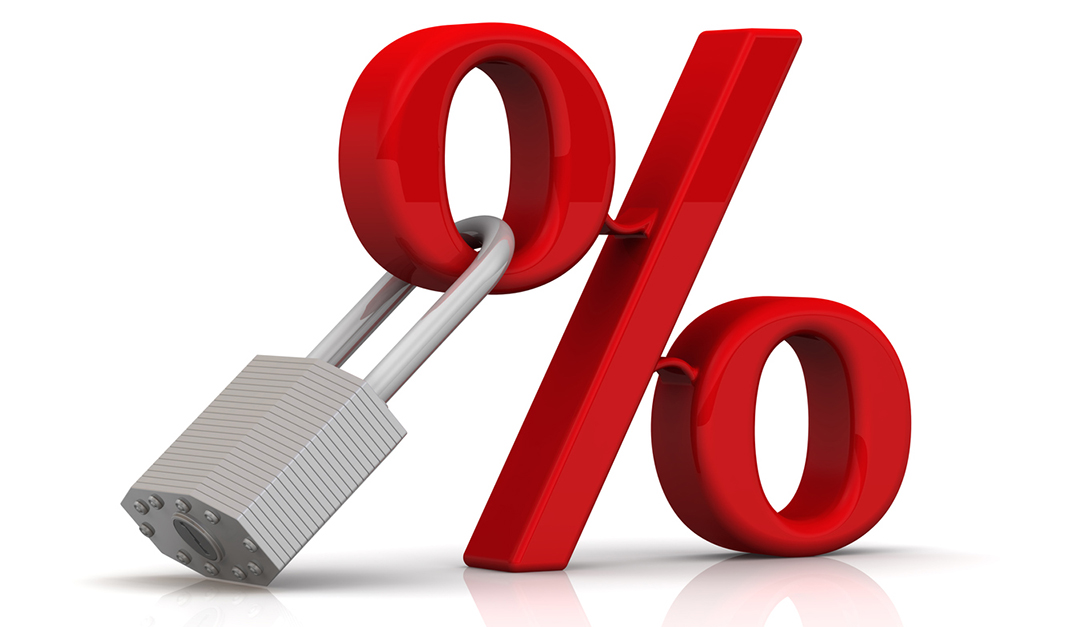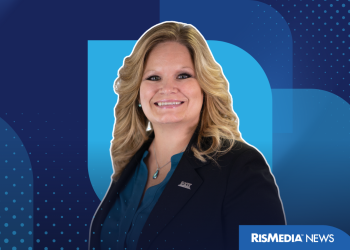(TNS)—When it comes to interest rates, mortgage seekers should pay close attention because every little bit of interest counts. A quarter of a percentage point doesn’t sound like much, but it can mean thousands of extra dollars in interest paid, or not paid, over the life of a typical 30-year loan.
For buyers worried that rates will rise between the time they apply and their closing date, a feature called rate lock could be the solution.
What Is a Mortgage Rate Lock?
A rate lock freezes the interest rate. The lender guarantees (with a few exceptions) that the mortgage rate offered to a borrower will remain available to that borrower for a stated period of time. With a lock, the borrower doesn’t have to worry if rates go up between the time they submit an offer and close on the home.
Rate locks typically last from 30 to 60 days, though they sometimes last 120 days or more. Some lenders may offer a free rate lock for a specified period. After that, however, the lender may charge fees for extending the lock.
When to Lock in a Mortgage Rate
Borrowers typically can’t lock in a rate until after the initial loan approval. And they worry that by locking in too early, they may miss the opportunity for a better rate before they complete a purchase or that they may get stuck paying extra to extend the lock once it expires.
A longer rate lock is more expensive. For example, a borrower who chooses a 30-day lock on a fixed-rate 30-year loan may pay a 4 percent rate and zero points, while a 60-day lock might cost 1 point (equal to 1 percent of the loan) or a slightly higher rate with a half-point.
However, if mortgage rates are expected to rise, you might consider jumping on the lower rate as soon as possible. But it’s a gamble because no one really knows what interest rates are going to do because they are set based on a variety of factors that can change from day to day.
“In this current environment, it makes the most sense to start the process quickly,” says Randy Hopper, senior vice president of Mortgage Lending at Navy Federal Credit Union. “The borrower would contact the loan officer and say, ‘Hey, I’ve got a contract on a place,’ and then the loan officer locks in the rate as soon as they review the contract.”
Float-Down Mortgage Rate Locks
Some lenders will offer a rate lock with a float-down provision. This means that if rates fall within a specific period after your loan is approved, you get the lower rate. If rates go up, you get the rate you were quoted.
But there’s a cost to this feature, so consider your options carefully. Rates may not move at all or in your favor and the float-down means you will have to pay a higher interest rate for the life of the loan or shell out money for points that you’ll never see again.
What to Ask Your Lender Before You Lock
Be sure to get a clear explanation of your lender’s rate lock rules. Find out if your locked rate can change in certain circumstances—for example, if mortgage rates drop, or if you change from a 30-year fixed-rate mortgage to an FHA loan.
Finally, be sure that your rate lock will be in effect long enough to cover the entire home-buying process. For example, if you anticipate that your closing will take longer than a month, talk to your lender about locking in a rate for that extended period—preferably without paying additional fees.
Make Sure You’re Financially Prepared
Before you lock in a rate, make sure your budget is in order and you are financially prepared to apply for a mortgage.
Hopper says to ask yourself these questions:
• Is my credit score good enough to prequalify?
• Do I know how much I want to spend on monthly mortgage payments?
• Have I looked for homes that meet my budget?
©2020 Bankrate.com
Distributed by Tribune Content Agency, LLC











